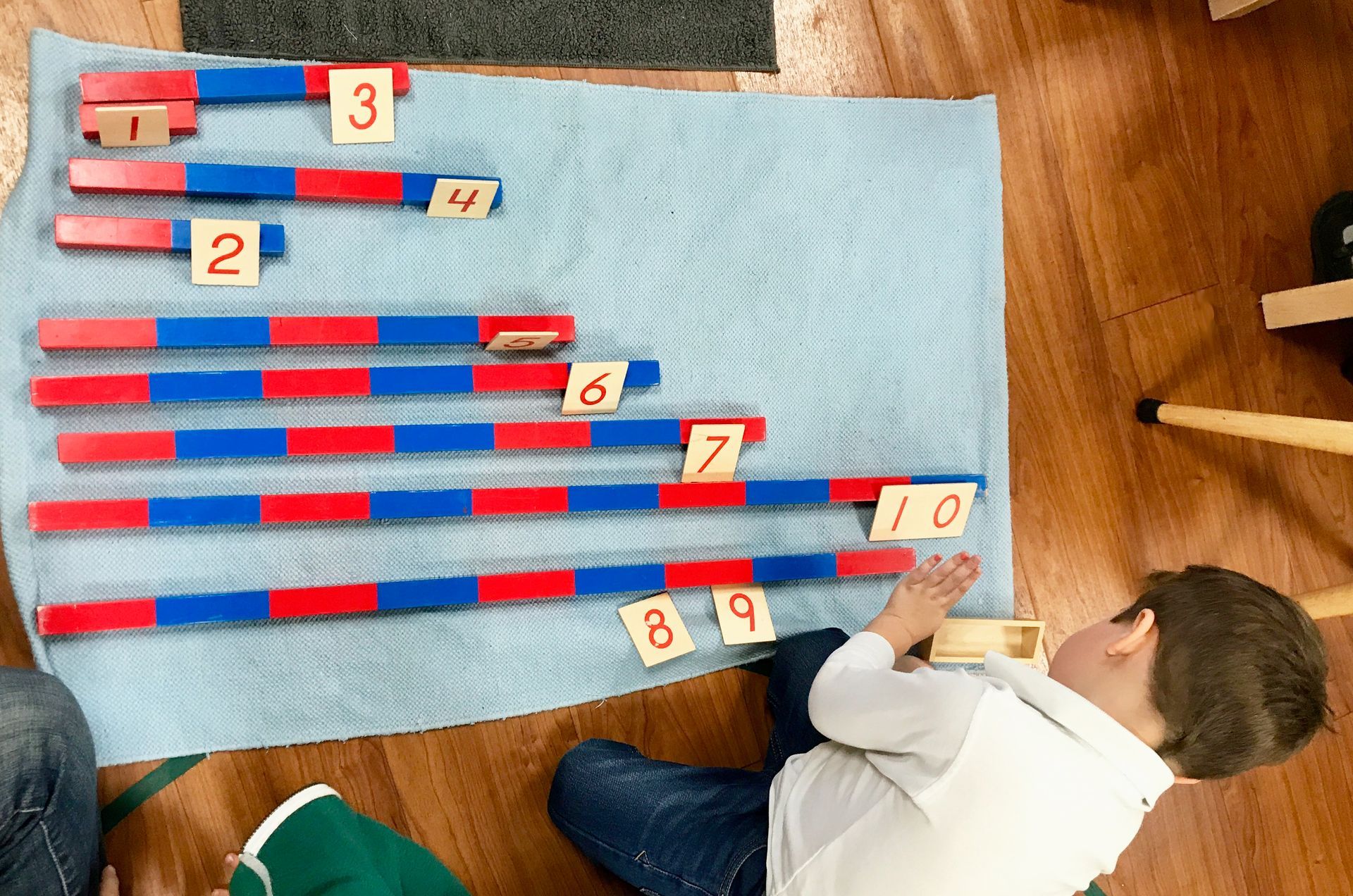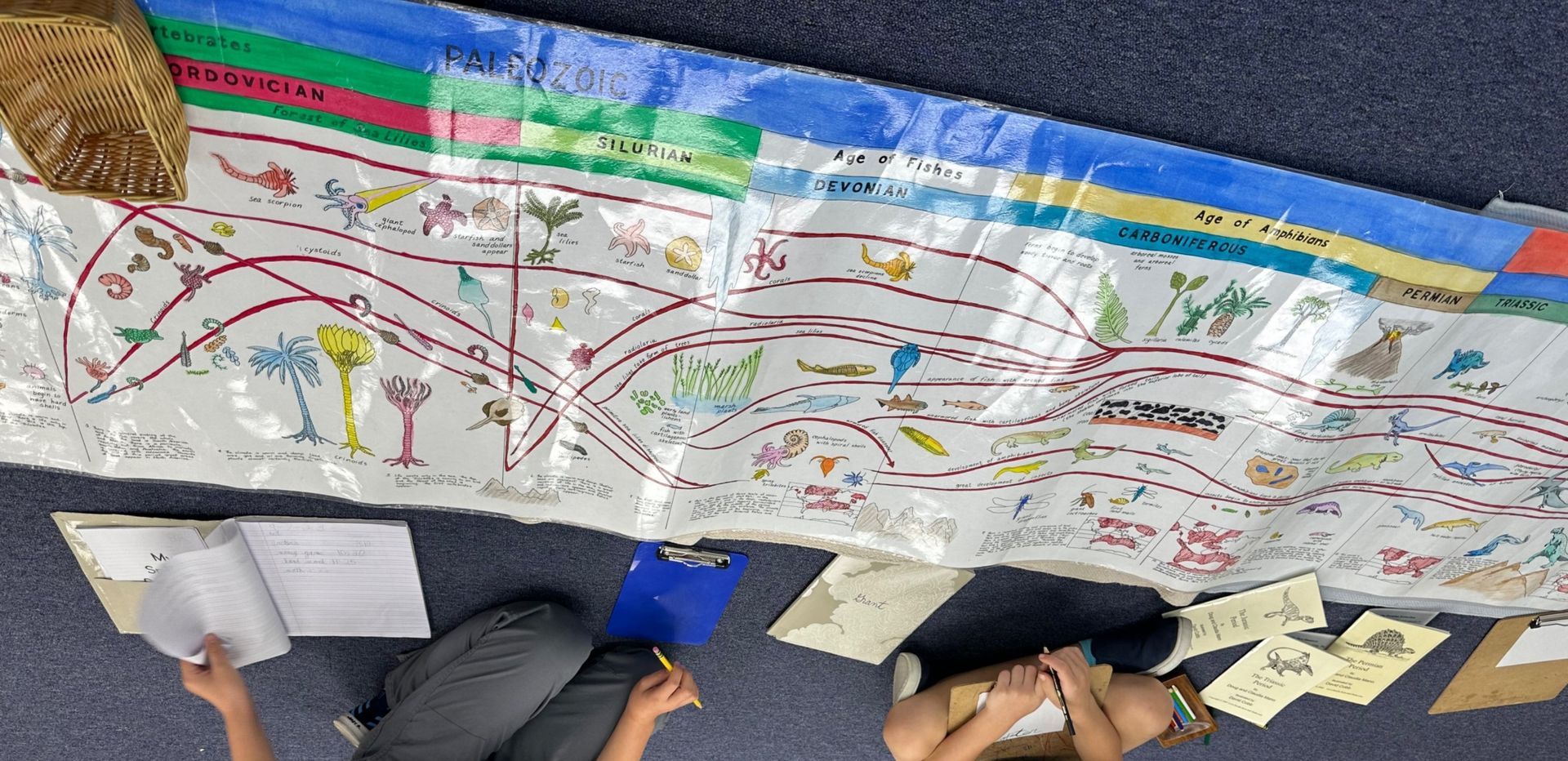Respectful Words, Confident Children
How adults can use language to inspire reflection, responsibility, and resilience in children.
The language we use with children is so important. In a Montessori classroom, you will notice that teachers do not overpraise their students. Instead, the teacher will guide the child to seek satisfaction in their perseverance, their work, and their social relationships. This allows them to build independence and a sense of confidence and self-worth. The way the child is spoken to is carefully phrased.
Examples of Phrases that Encourage Independence
🔹 When a child is hesitant to try something new
Instead of doing it for them, say:
“I see you’re thinking about how to start. You can give it a try, and I’m close by if you need me.”
“Would you like me to show you once more, or do you want to try by yourself first?”
🔹 When acknowledging effort
Instead of “Good job!” say:
“You worked carefully until you figured it out.”
“I noticed you stayed focused for a long time.”
“You must feel proud of your effort.”
🔹 When asked for validation about their work
Instead of “What a beautiful picture!” say:
“Tell me about what you created.”
“What part of your work do you like the most?”
“I see many colors and lines—you must have had a plan. Can you share it with me?”
🔹 When asked where something is
Instead of answering right away, say:
“Where’s a place you might usually find that?”
“Would you like to check the shelf where it usually belongs?”
“What’s your idea for where to look first?”
🔹 When guiding movement indoors
Instead of “Stop running,” say:
“Please use your walking feet inside so it’s safe for everyone.”
“Our feet walk inside; our bodies can run outside.”
🔹 When guiding mealtime behavior
Instead of “Sit down,” say:
“Let’s sit together so we can enjoy our meal as a family.”
“In our home, we sit at the table while we eat.”
Why This Matters
The subtle shift in language makes a big difference in how a child perceives themselves and their role in the world. When adults emphasize effort, observation, and reflection, children develop confidence from within rather than looking outward for approval.
The language when speaking to children communicates respect. It gives children space to think, make choices, and take responsibility. Over time, this approach nurtures resilience, independence, and a genuine love of learning—qualities that last a lifetime.




